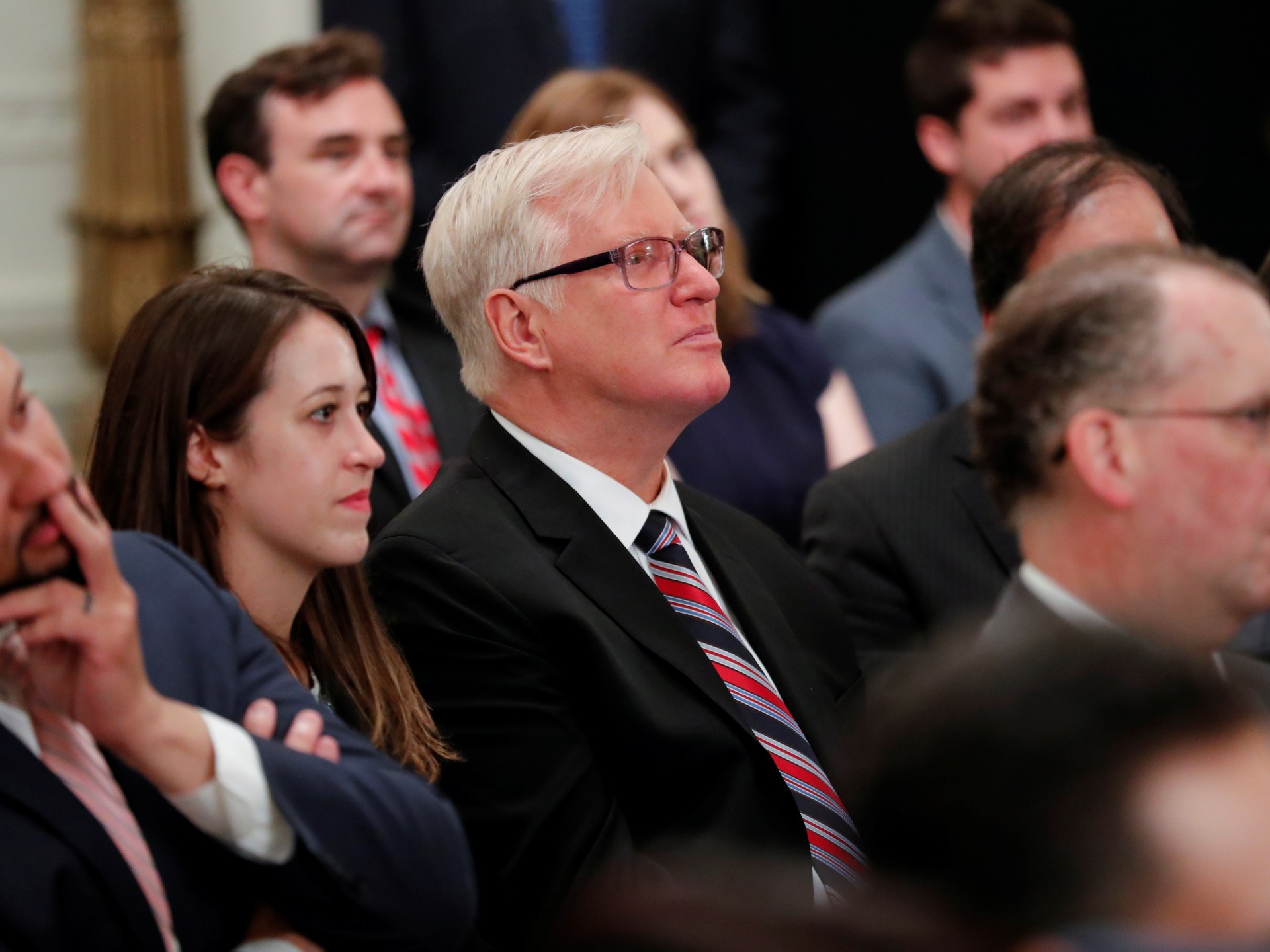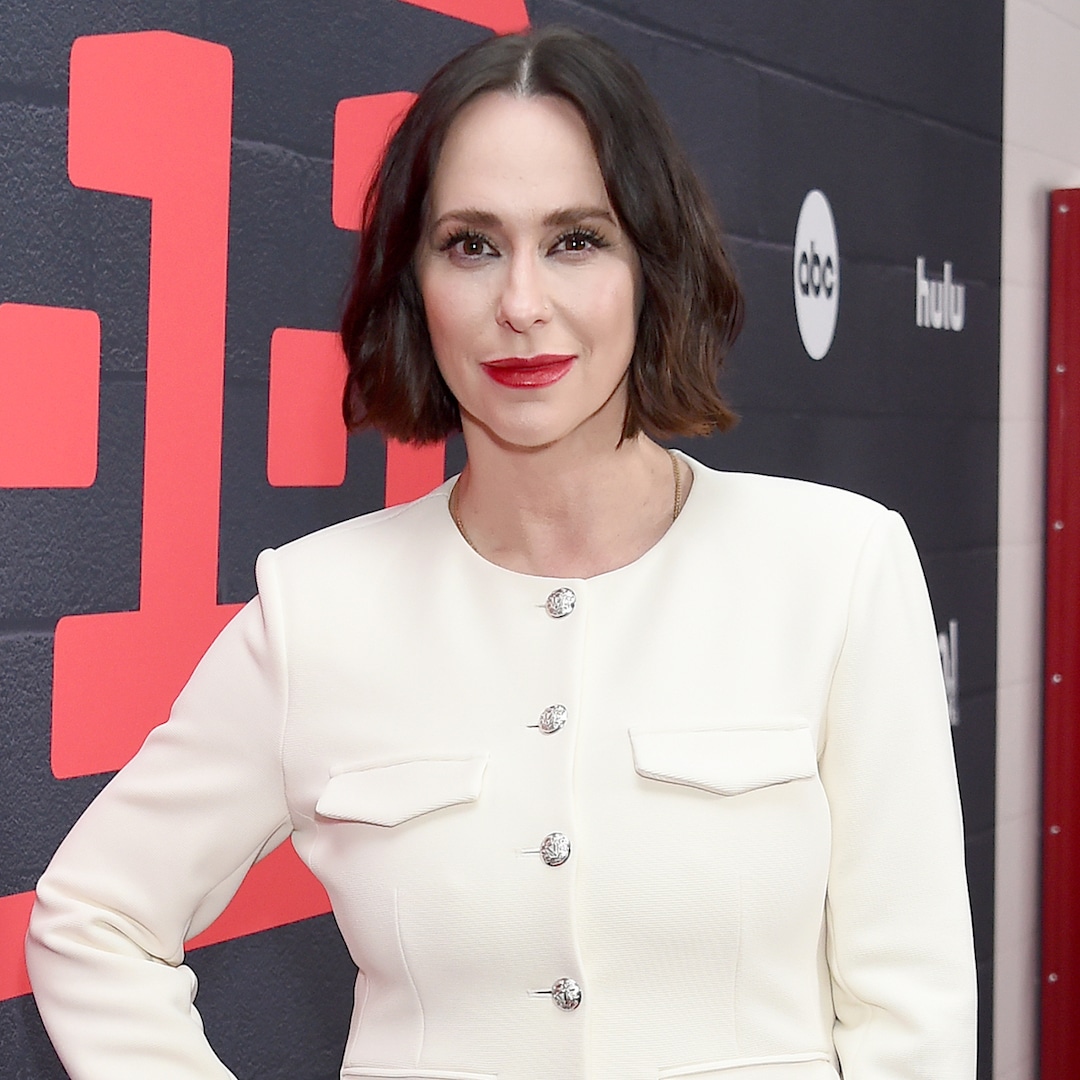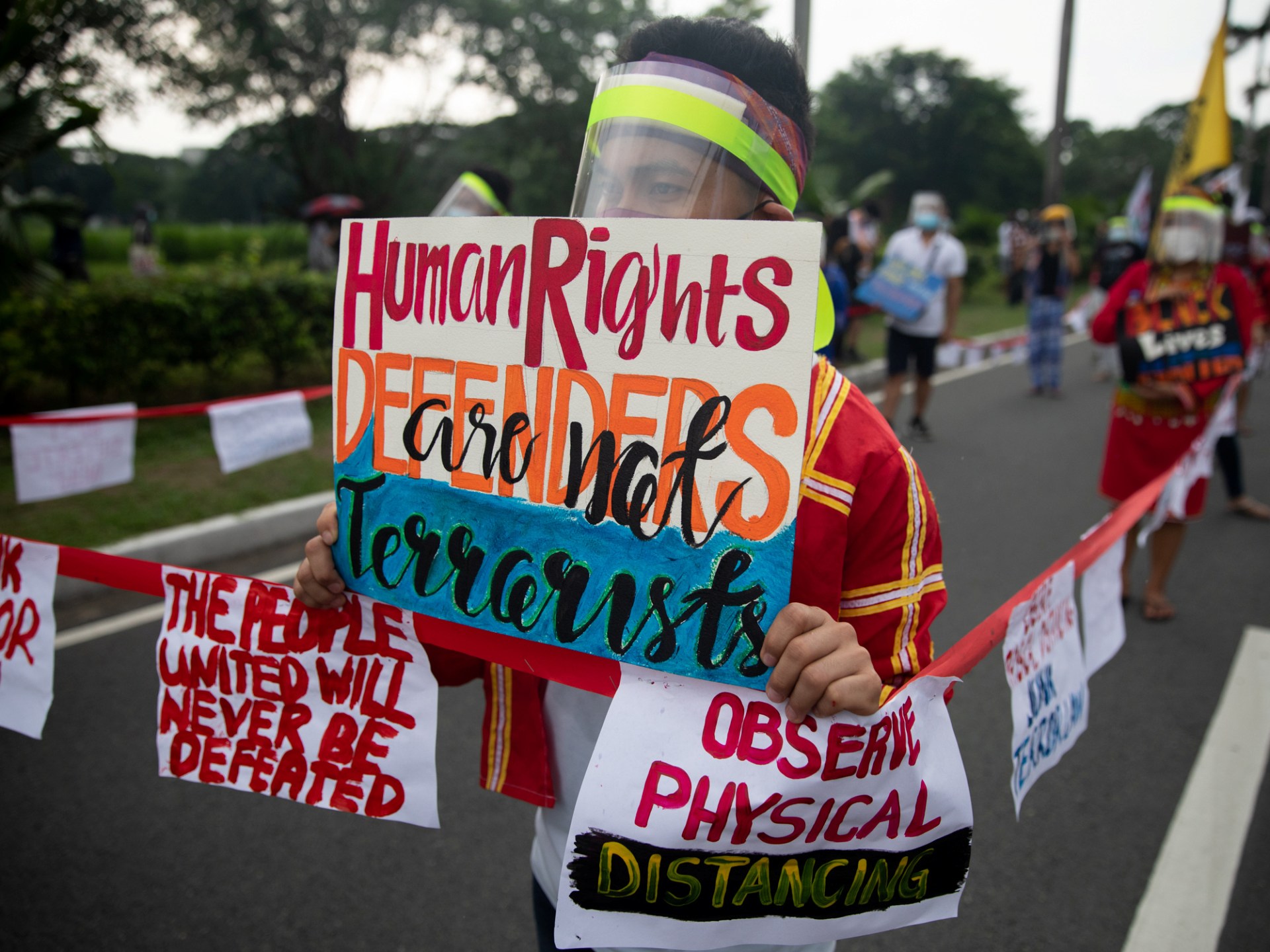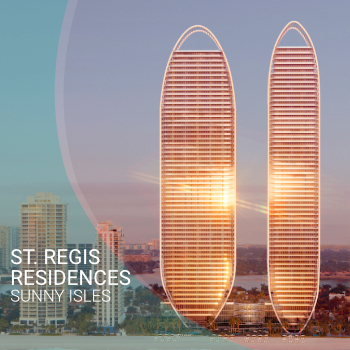SK Hynix first began supplying Nvidia with HBM chips in 2022. Image: SK Hynix South Korean memory maker SK Hynix
LATEST NEWS
TECHNOLOGY

SK Hynix’s profit jump shows AI demand is going strong
SK Hynix first began supplying Nvidia with HBM chips in 2022. Image: SK Hynix South Korean memory maker SK Hynix

Xaira, an AI drug discovery startup, launches with a massive $1B, says it’s ‘ready’ to start developing drugs
Advances in generative AI have taken the tech world by storm. Biotech investors are making a big bet that similar

Do employers want AI skills or AI-enhanced skills? That could depend on you
jeffbergen/Getty Images The AI age is creating some interesting new job roles for technology-focused individuals, but don’t throw out those

Rabbit’s R1 is a little AI gadget that grows on you
If there’s one overarching takeaway from last night’s Rabbit R1 launch event, it’s this: Hardware can be fun again. After

The best projectors of 2024: Expert tested and reviewed
Samsung’s Freestyle 2 combines a projector and a gaming hub all-in-one, and the Freestyle 2 builds on its predecessor with
World

US far-right outlet Gateway Pundit declares bankruptcy | Media
Website announces bankruptcy amid multiple defamation lawsuits related to 2020 presidential election. Gateway Pundit, a far-right outlet known for promoting














